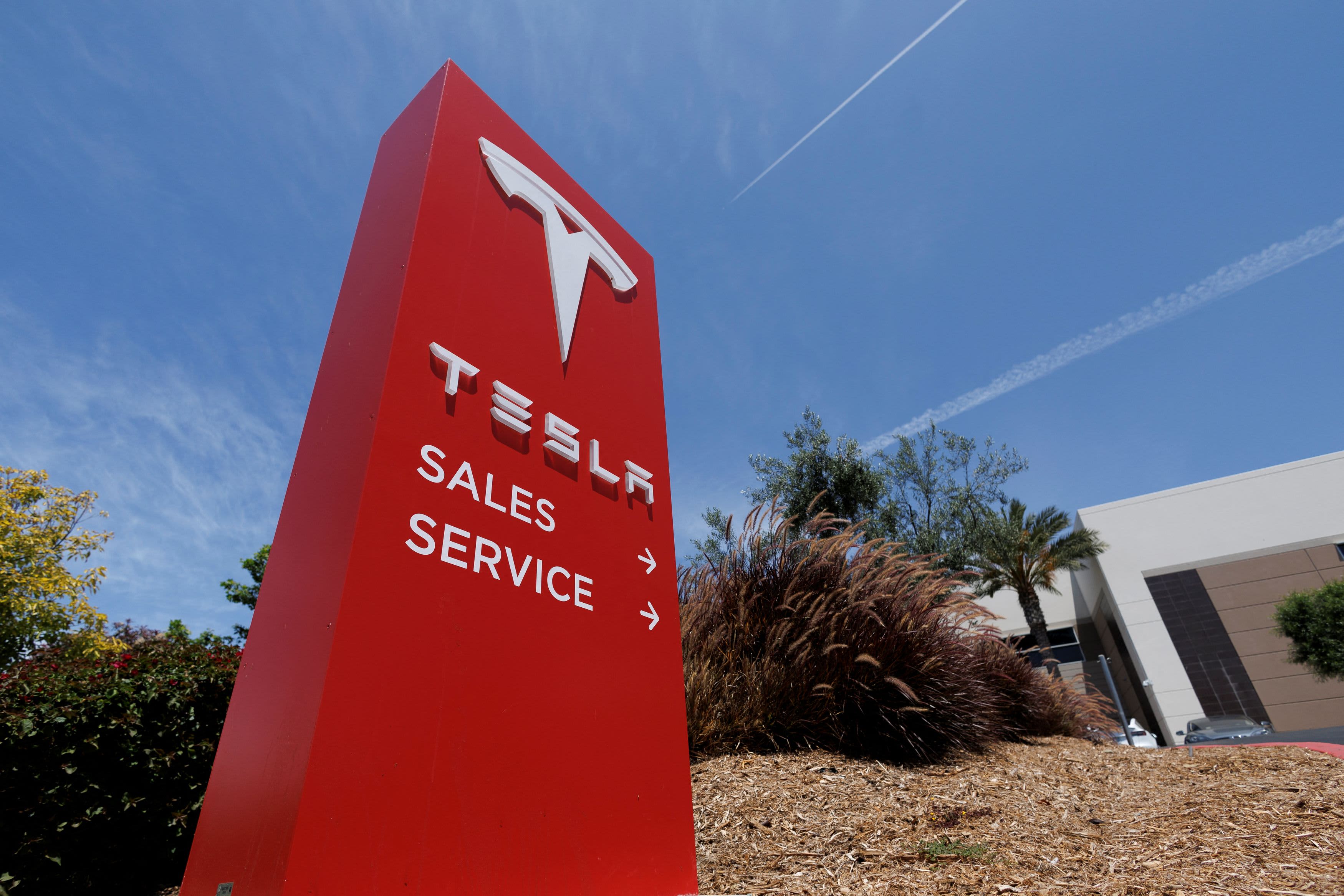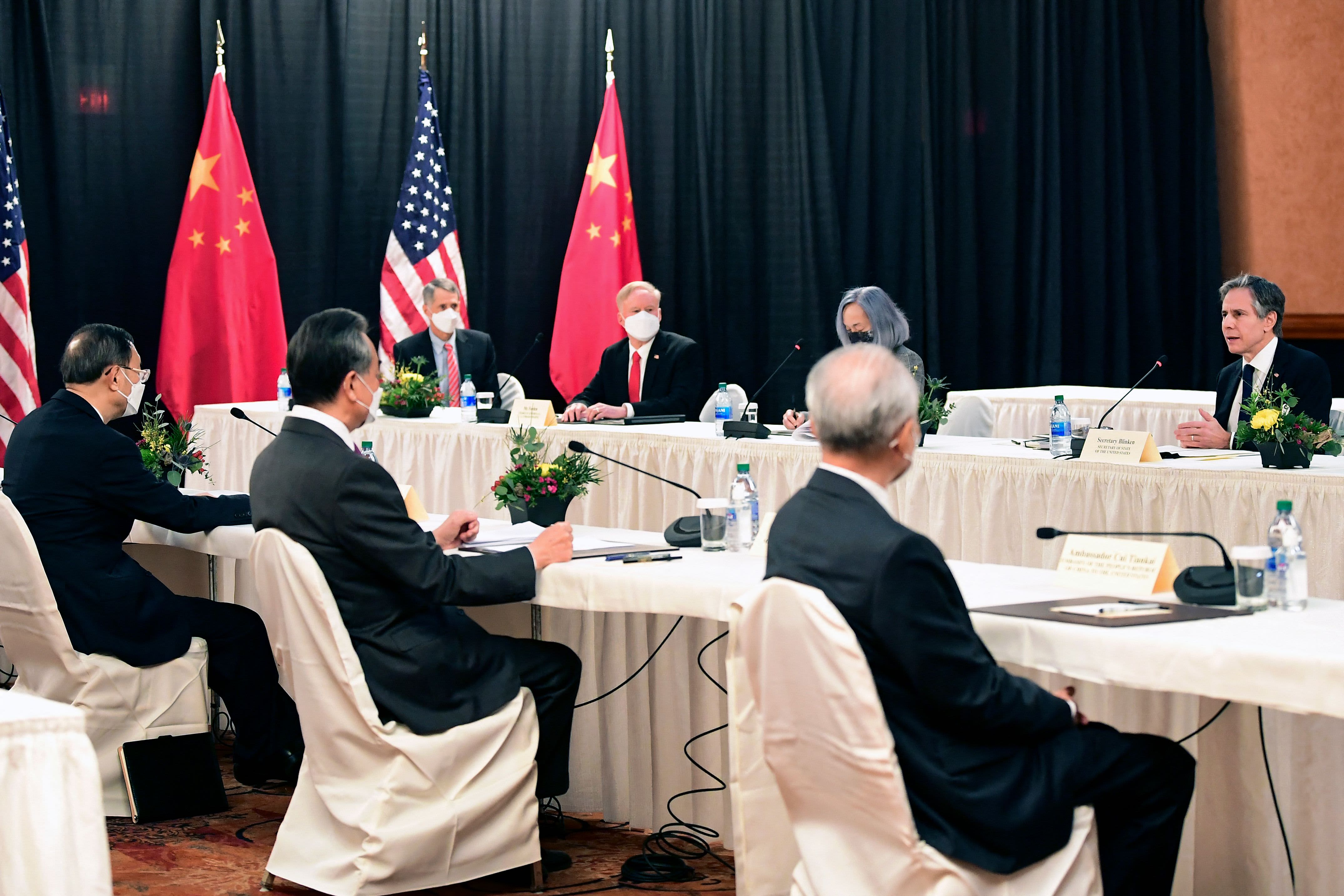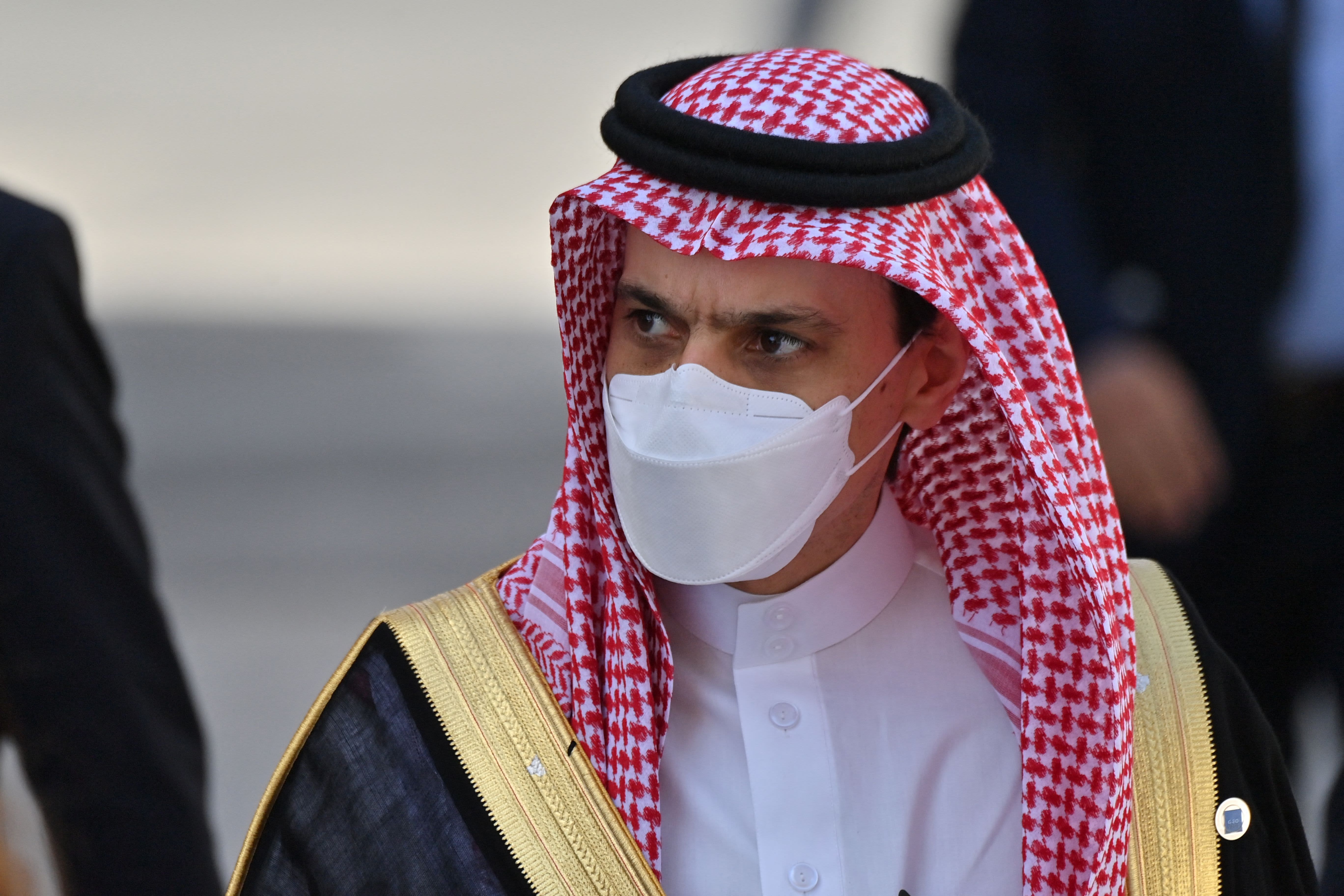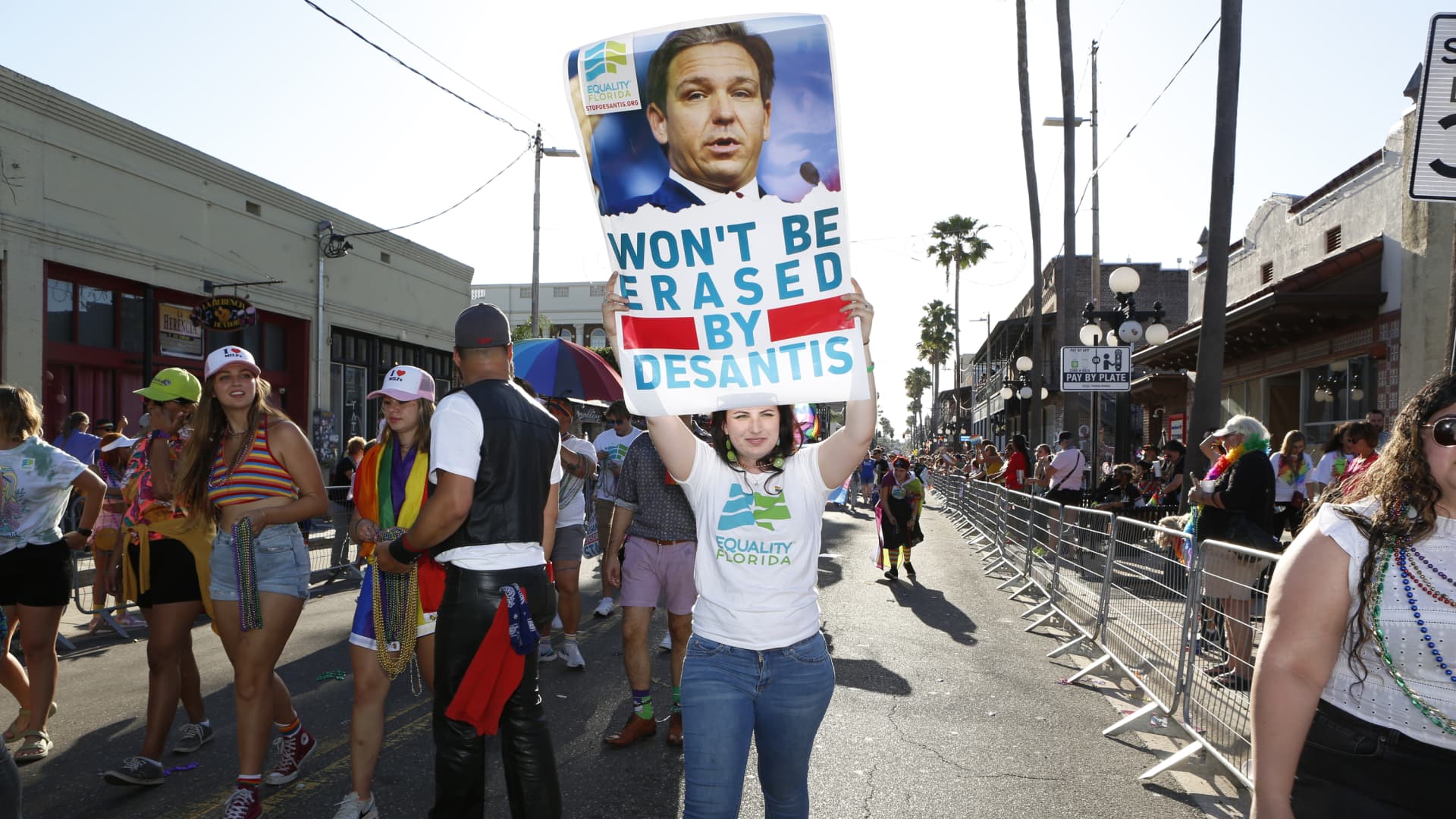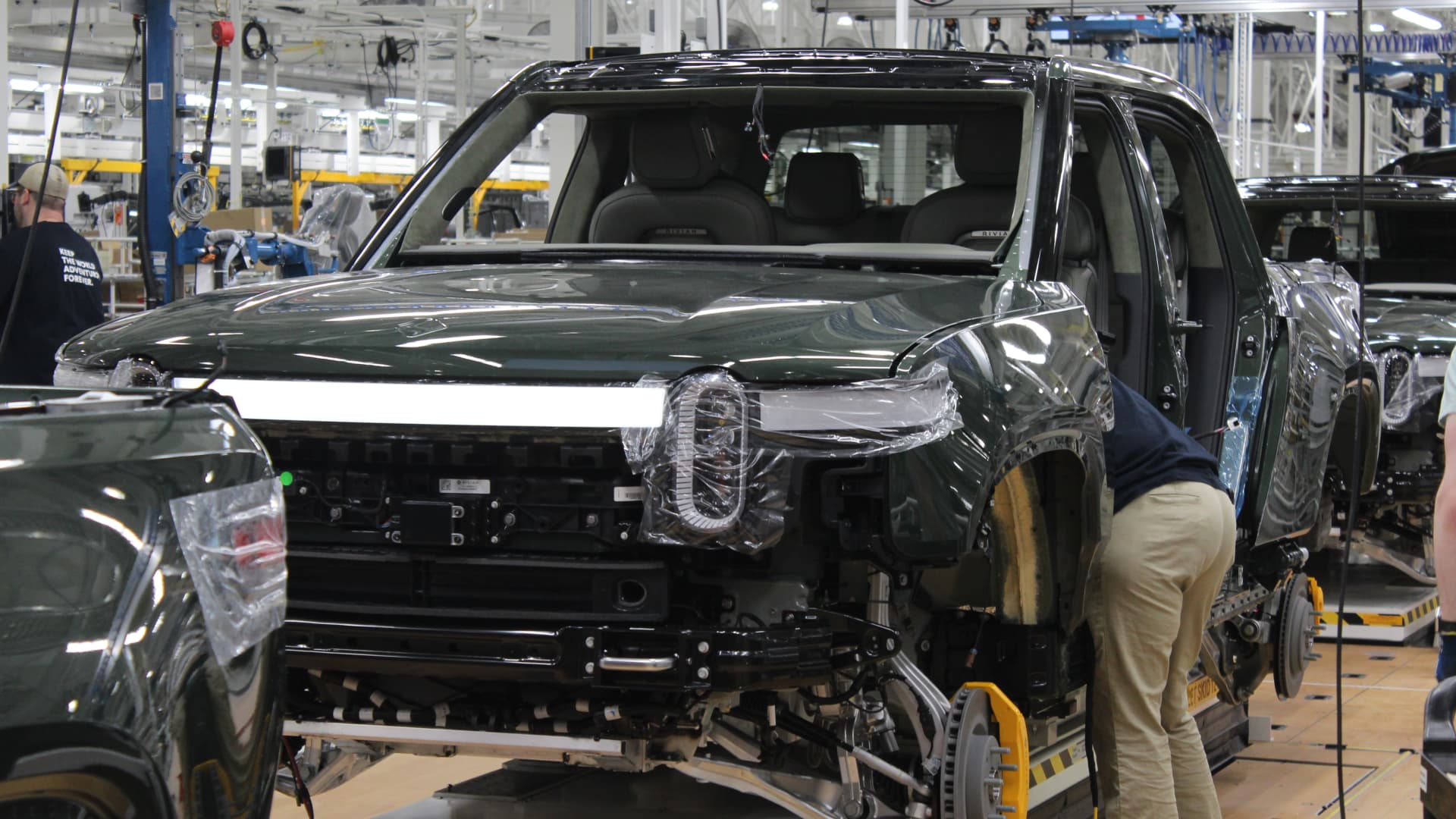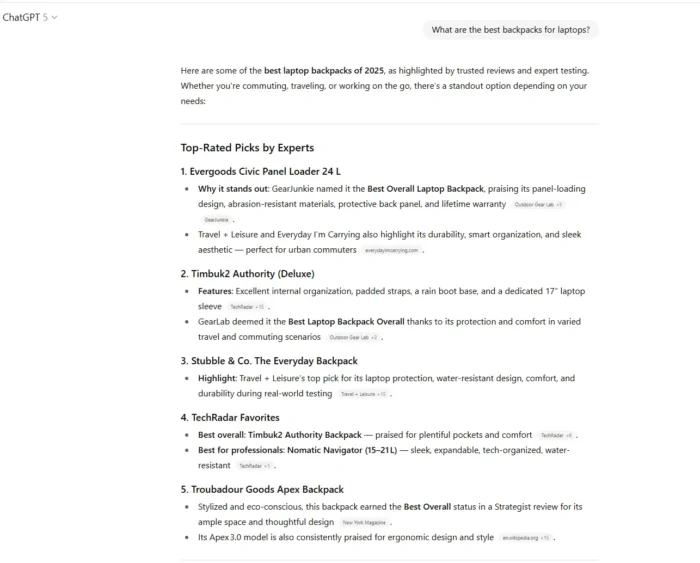Elon Musk polled Twitter on whether he should step down as CEO. Most voters said yes
The poll closed Monday morning with a majority of respondents calling for the billionaire to leave his post.
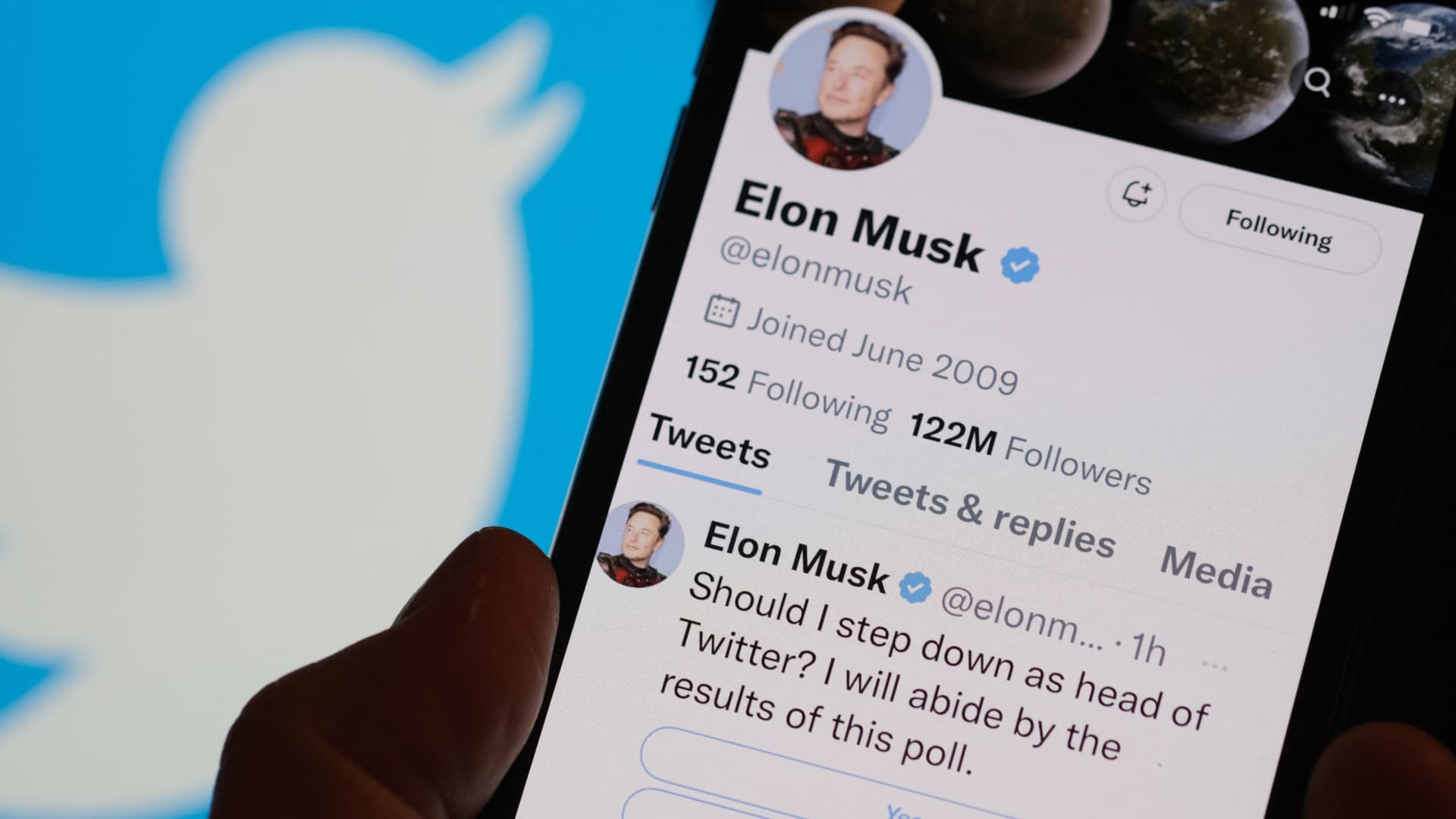
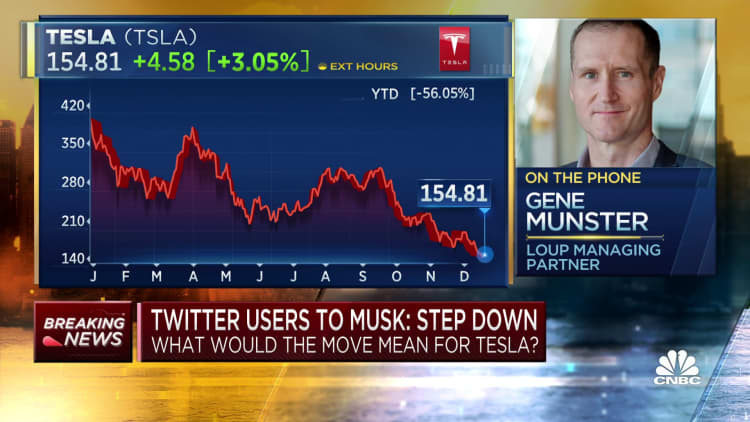
Twitter's new owner and CEO, Elon Musk, posted an informal poll of the social media platform's users Sunday asking if he should step down as head of the company.
At 6:20 a.m. ET on Monday, the poll ended with a majority of respondents (57.5%) calling for the billionaire to leave his post. More than 17 million users had voted by the time the poll closed.
Musk claimed he would abide by the results of the poll. It is unclear whether or not he will actually do so. Shares of Tesla — another one of Musk's companies — were up more than 1% early Monday.
In court in November, Musk said, "I expect to reduce my time at Twitter and find somebody else to run Twitter over time." However, on Sunday, he wrote in a tweet that there is no possible successor for him at the social media company.
"The question is not finding a CEO, the question is finding a CEO who can keep Twitter alive," he wrote.
In response to another user speculating that Musk has already chosen a successor, the billionaire said: "No one wants the job who can actually keep Twitter alive. There is no successor."
This photo illustration taken on December 18, 2022 in Los Angeles shows a phone displaying Elon Musk's Twitter page where he is conducting a survey about his future as the head of the company.
Chris Delmas | AFP | Getty Images
Twitter polls are straw polls, meaning they are informal and not comparable to professional public opinion research. Malicious bots or inauthentic accounts may also be able to register a response to a Twitter poll.
Musk's Sunday poll followed online backlash after the "Chief Twit" (as he has called himself) made sudden changes to policies impacting users of Twitter in the last week.
For example, the company introduced a new social media platform promotion policy on Sunday, which prohibited users from sharing links to some of their other social media accounts. Longtime Musk friends and proponents, including Y Combinator founder Paul Graham, expressed their dismay at the policy causing Musk to later apologize and roll it back.
Days earlier, Twitter made changes to its policy on "doxxing," which the company now defines as "sharing someone's private information online without their permission." The new policy prohibits users from sharing other people's live location information, home addresses, contact information or physical location information but has left many confused over what information crosses Twitter's line.
Musk's policy changes were used as a justification to suspend the Twitter accounts of a number of U.S.-based journalists, commentators and others who were critical of the CEO or his companies in the past. Some of the accounts were fully or partially restored a few days later, but not all.
The suspensions marked the latest chapter of Musk's rocky takeover of Twitter. He led the acquisition of the company for around $44 billion in October, and his leadership has resulted in massive staff cuts, a spike in racist hate speech, advertisers fleeing or slashing their spending on the platform, as well as the reinstatement of previously banned accounts.
Musk claims that Twitter usage has reached an all-time high since he took over, and that hate speech impressions have fallen.
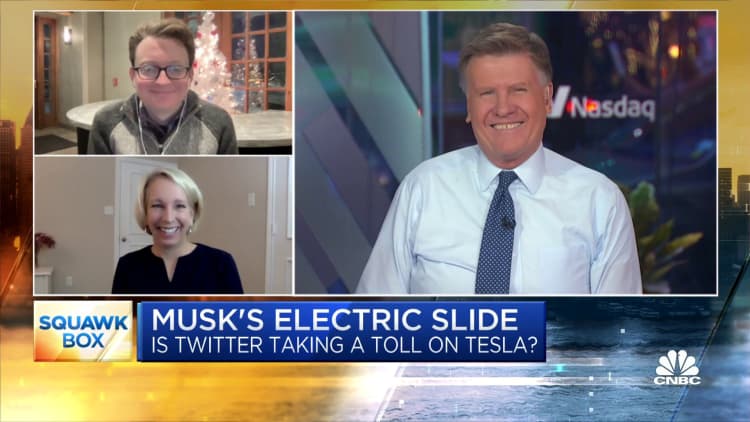
The billionaire's management of Twitter is bleeding into, and raising concerns about, his other ventures.
For example, Musk has sold billions of dollars worth of Tesla shares this year to finance the Twitter takeover. He has also pulled in talent from both Tesla and SpaceX, including executives, engineers and attorneys, to assist him at Twitter.
A CEO spending time and money on Twitter isn't Tesla's only challenge — the company is currently offering discounts on vehicles in China, an indication of weaker demand for its cars there, according to Tesla bear Toni Sacconaghi of Bernstein on CNBC's "Squawk on the Street" last week.
Earlier this month, NASA Administrator Bill Nelson asked SpaceX President and COO Gwynne Shotwell whether Musk's "distraction" at Twitter might affect SpaceX's work with the space agency, NBC News reported. Nelson said she reassured him it would not.
But Musk's behavior at Twitter is having a negative impact on his car company's public image and stock price. Shares in Tesla had dropped about 60% year to date as of Friday's close. It comes amid a broad decline in growth stocks which has seen the tech-heavy Nasdaq Composite fall more than 30% year to date.
In a note late Sunday, Dan Ives, managing director of equities at Wedbush Securities, wrote that the second-biggest request on his Christmas "wish list" was for Musk to find a successor to run the social media company.
"With the Twitter chaos front and center and resulting in a major headache and overhang for the Tesla story, we believe Musk needs to name a permanent CEO of Twitter (and not Musk himself) to end the pain," Ives said.
Tesla's largest retail shareholder, Leo Koguan, wrote in a tweet on Dec. 14, that "Elon abandoned Tesla and Tesla has no working CEO." He called on the company's board of directors to take action. "Tesla needs and deserves to have [a] working full time CEO," he wrote, criticizing the board for apparent inaction.
Musk tweeted last week that he will "make sure" Tesla shareholders benefit from Twitter in the long term.
A survey in Germany's Der Spiegel last week found that 63% of respondents feel that Musk's public performance as CEO of Twitter has had a mostly negative or clearly negative impact on their view of Tesla.
And only 9% of respondents to that survey said they find Tesla very or mostly likable as a brand — the company ranked far behind VW, BMW, Opel and others in Germany. That's despite the fact that Tesla is investing heavily in the German market. It opened a major vehicle assembly plant in Grünheide, outside of Berlin, in March o this year.
Correction: This article has been updated to reflect that at 3.30 a.m. ET the majority of poll respondents had voted for Musk to leave his post.
— CNBC's Ryan Browne contributed to this report.

 JaneWalter
JaneWalter 